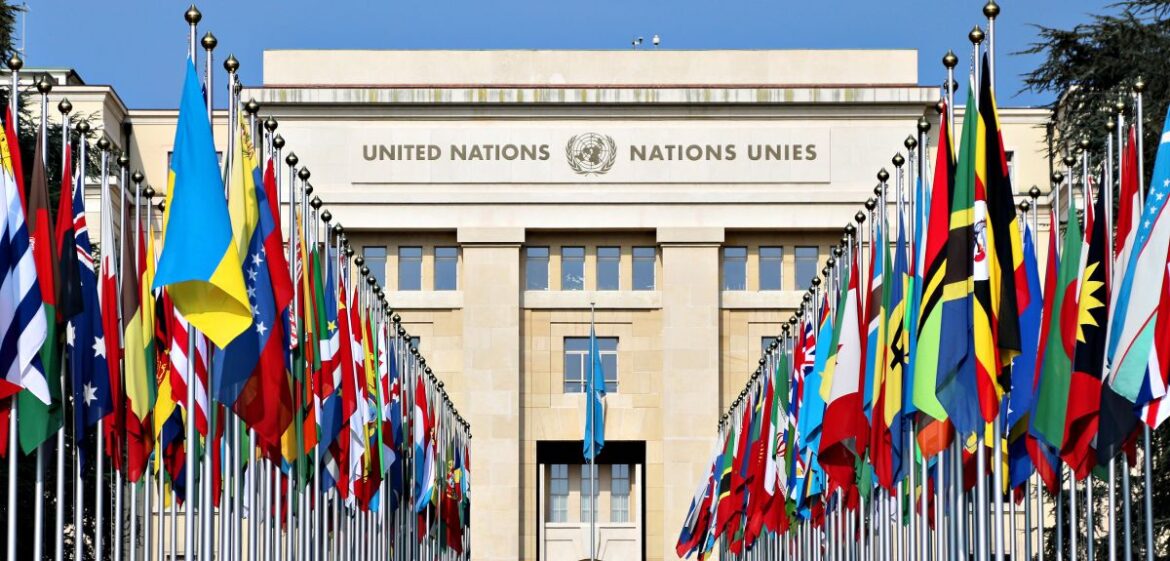By Asmau Ahmad
The United Nations has urged the Nigeria to invest stronger in the education sector to improve the economy.
Director of the United Nations Information Center (UNIC), Ronald Kayanja said this at a dialogue organised in collaboration with the Lagos State Ministry of Education, District III.
The dialogue was themed, “Redefining the Value of Education for the Benefit of Today’s Students.”
The dialogue is in line with the Transforming Education Summit objectives of providing an opportunity to mobilise greater political ambition, commitment and action to accelerate progress on education and the 2030 Agenda.
According to him, there is no way the Sustainable Development Goals (SDGs) will be achieved without an emphasis on the critical nature of education.
Kayanja said that social inclusion could not be discussed without education, adding that without a strong and highly educated workforce, a nation’s economy would be stagnant.
“The average number of years a Nigerian child spends in school is 10 years. This means not all of them go on to PhD level.
“Consequently, Nigeria has to do a lot to have a skilled labour force that will inspire the economy from where we are currently to achieve the SDGs.
“The implication of the COVID-19 setback for our young people is massive and the government needs to work harder now to ensure teachers are taken care of and that students have everything they need,” he said.
Also, Dr Olufolayimika Ayandele, Tutor General/ Permanent Secretary Education District III, said a component of her legacy as an educationist was to help redefine the value of education.
Part of the redefinition, she said, was to first acknowledge that education was not primarily about employment but instead about opening up opportunities and possibilities for each person’s development and fulfilment.
“The situation our youths face today has resulted in calls to reorient and overhaul our education system.
“Rising unemployment, underemployment and limited job opportunities for our graduates have resulted in warped perspective around our educational system. The ‘education is a scam’ perspective needs to be corrected,” she said.
According to her, the reorientation and a genuine transformation of the education system will not happen if stakeholders do not go back to the drawing board to redefine the value of education in efforts to inspire students.
In his presentation, Dr James Fadokun, Lead, Governance of Non-State, Foreign, Commonwealth and Development Office (FCDO), stressed that quality education was a licence to get out of poverty.
He noted that there must be a paradigm shift in the way teachers were trained, adding that stakeholders should begin to produce competent teachers to facilitate the curriculum.
“We need to continuously develop interactions between policy makers and students to know what works best for them.”
According to him, an emphasis must be put on reading because it is another challenging aspect in the education system.
“We must be lifelong learners no matter the field we find ourselves and always create flexible opportunities for learning to go on,” Fadokun said.




